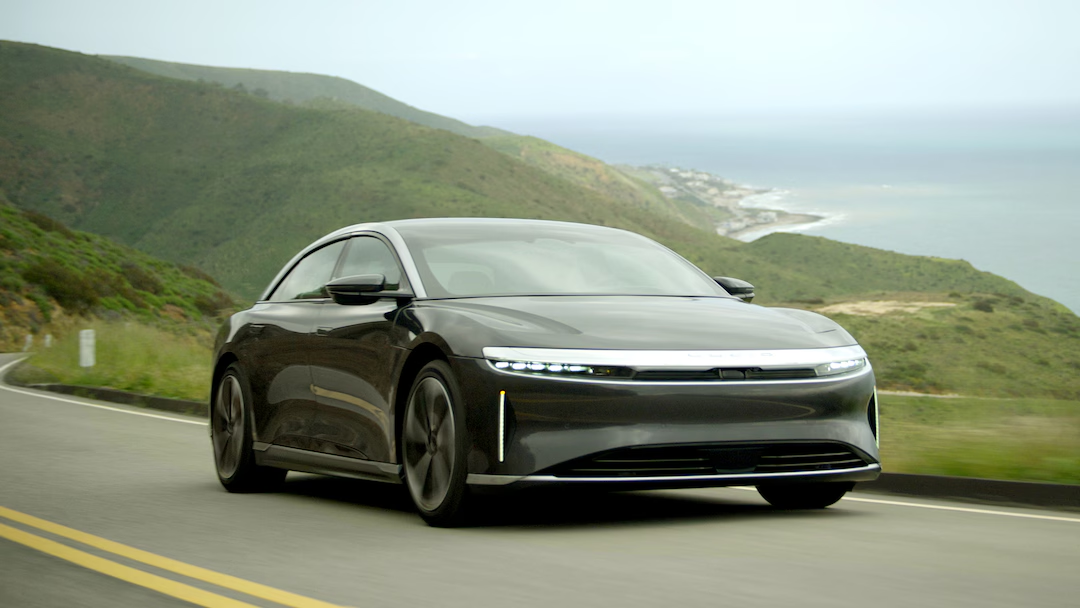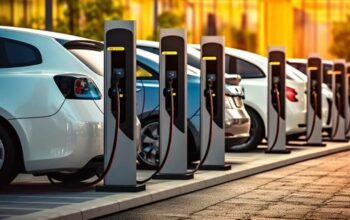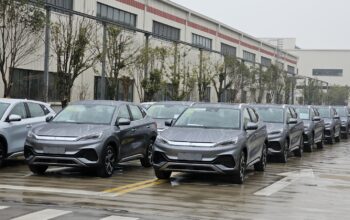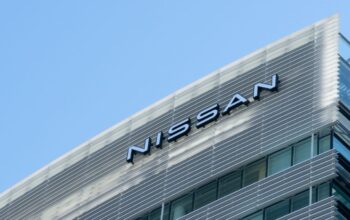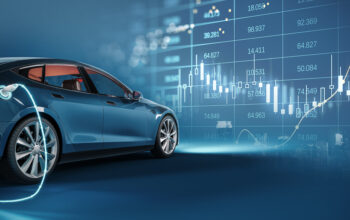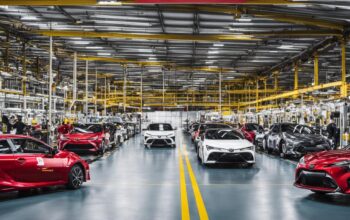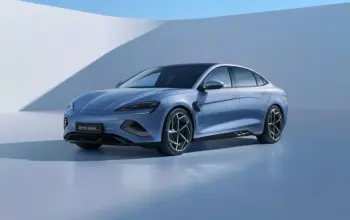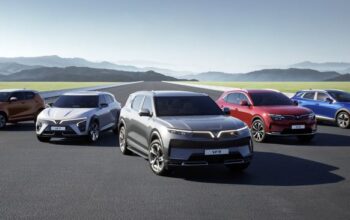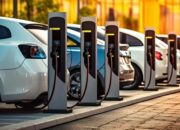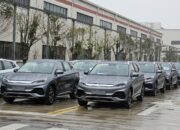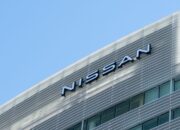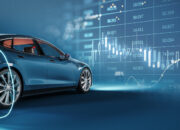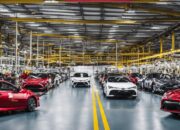What is an “Electric Car” ?
Electric cars are transforming the automotive industry, offering a cleaner, eco-friendly alternative to traditional vehicles by using electric motors powered by batteries. They produce zero emissions, making them a sustainable choice for the future.
There are different types of electric cars:
- Battery Electric Vehicle (BEV): Fully electric, running solely on electricity.
- Plug-in Hybrid Electric Vehicle (PHEV): Combines a traditional engine with an electric motor, with the option to recharge at home or charging stations.
- Range Extender: An electric vehicle with a conventional engine that recharges the battery, extending its range.
As demand for eco-friendly options grows, major car manufacturers are shifting from fossil fuel-powered vehicles to fully electric models, driving the future of electric cars.
The Driving Forces Behind the Surge in Electric Car Popularity
The rise of electric cars is fueled by key factors:
- Environmental Awareness: They offer an eco-friendly solution with zero emissions, helping combat climate change.
- Cost Efficiency: While initially more expensive, electric cars have lower operating costs, cheaper charging, and require less maintenance.
- Technological Advancements: Improvements in battery technology are increasing range and charging speed, making electric cars more practical and attractive.
Here are some of electric car production.
- Tesla Inc.
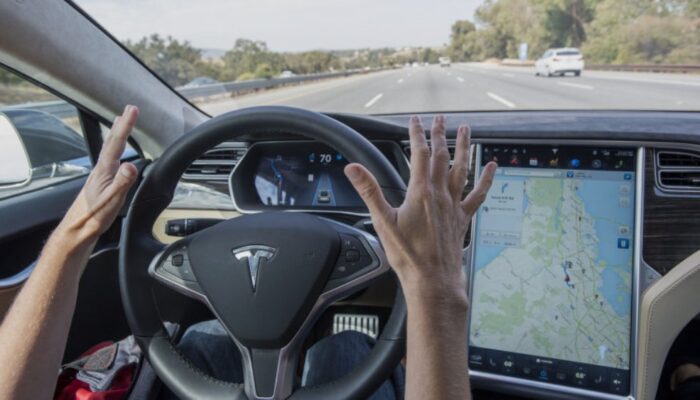
source image : Autonetmagz
Tesla leads the electric car industry with four factories across three continents, including its newest plant in Austin, Texas. These factories can produce over 1.9 million cars each year.
“In the near future, we [Tesla] will speed up cost savings and production while sticking to our roadmap,” Tesla said in a statement, according to Bloomberg News.
Tesla is also innovating sales by offering credit options to customers for up to 84 months (7 years), following Elon Musk’s push for automakers to “do whatever it takes.”
- BYD Automobile Co. Ltd.
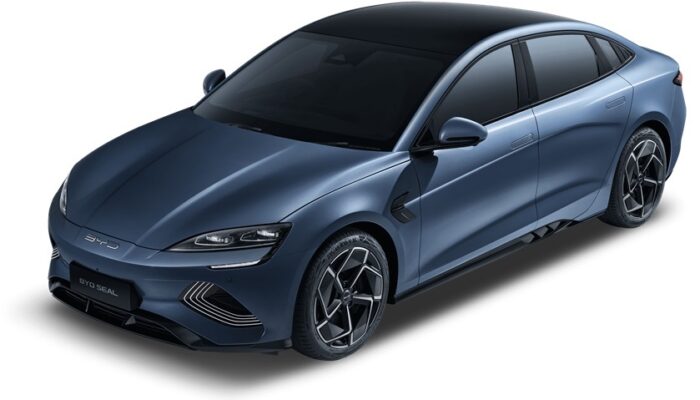
source image : Skorlife
BYD, based in Shenzhen, is the world’s second-largest electric car manufacturer, with a 14.7% market share. In 2022, the company’s net profit soared over 400%, driven by record EV sales and competition with Tesla. Analysts predict BYD may surpass Tesla in pure electric car sales by the mid-2020s. Backed by Warren Buffett, BYD is expanding globally, including into markets like Norway, the UK, and Australia.
- Volkswagen Group

source image : Euronews
Volkswagen Group takes a strong position in the electric vehicle market, holding a 7.5% share. With its prestigious brands like Audi, Bentley, Bugatti, Porsche, Lamborghini, and Volkswagen, it’s no surprise that this automotive giant is making waves in the EV world.
4. SAIC-GM-Wuling
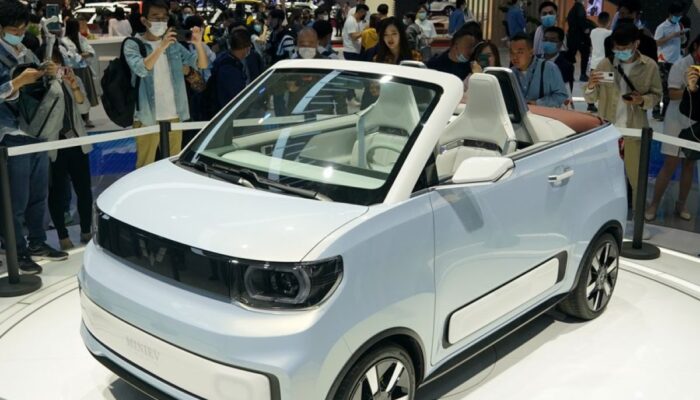
source image : Antara News
SAIC-GM-Wuling, a Chinese automaker, earned $5.6 billion in 2022, including from ICE car sales. Known for affordable electric cars, they launched the Wuling Bingo electric car in early 2023, priced at $8,500, and received 16,383 orders. The Wuling Hongguang Mini EV, the top-selling EV in 2020, remains a leader, with 400,000 units sold in 2022—up 5.1% from the previous year. Wuling has even surpassed Tesla in China, fueling fierce competition in the electric car market.
- Geely-Volvo
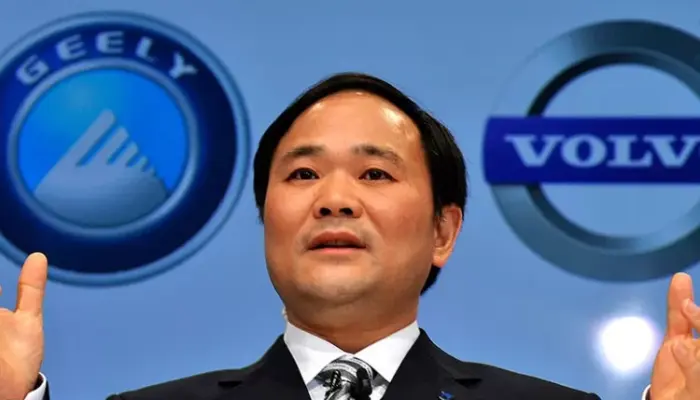
source image : Borneo Globe
Next up, the Geely-Volvo partnership claims a solid 5.7% of the electric vehicle market, while the SAIC-GM-Wuling joint venture holds 7.4%. Together, these players contribute to the growing electric car revolution, with the remaining 41.1% captured by various other electric car manufacturers.

